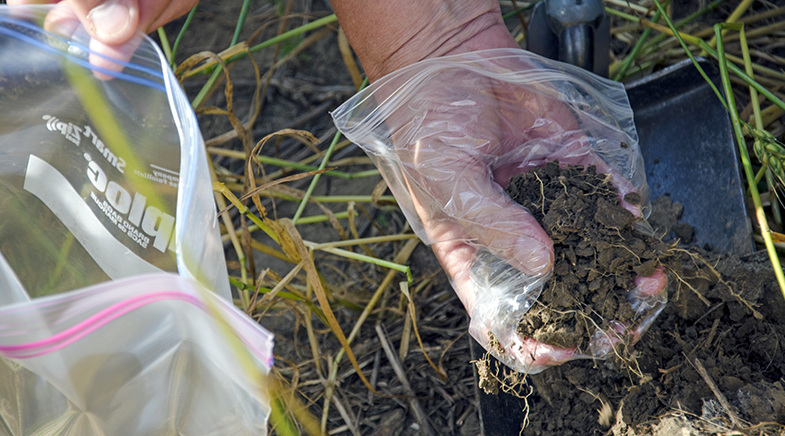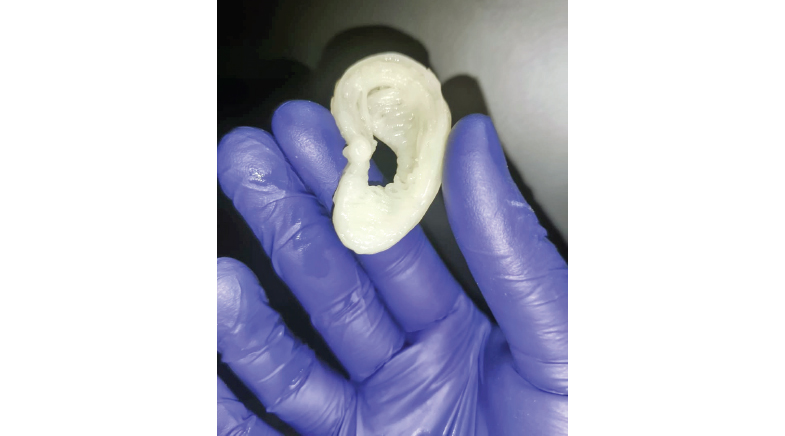Cow dung helps arrest metal corrosion
-
- from Shaastra :: vol 03 issue 06 :: Jul 2024

Cow dung can be a green option to battle the bane of metal corrosion, according to new research.
Cow dung, already a versatile by-product of the cattle industry, could find another economic use, as a corrosion-inhibiting agent. A research team from Indian Institute of Technology (IIT) Kanpur, which investigated this use of manure, has plans to test the laboratory results on an industrial scale.
"Losses through corrosion, directly and indirectly, amount to up to 5% of India's GDP," notes Kallol Mondal, Professor at IIT Kanpur's Department of Materials Science & Engineering. Mondal's team is researching various eco-friendly options for inhibiting corrosion. In a new paper (bit.ly/manure-corrosion), the group demonstrates the mechanism by which cow dung can inhibit corrosion in mild steel, a material used extensively in construction.
The researchers studied cow dung and found it to be an efficient corrosion inhibitor.
Mondal, who has an interest in ancient metallurgy, says that the high phosphorous content in metallic alloys of antiquity slowed down corrosion. "We began looking around for natural materials rich in phosphorous for research," he recalls. His team identified avian and pig excreta as phosphorous-rich, but rejected them because of their high pathogenic content. The researchers next studied cow dung and found it to be an efficient corrosion inhibitor. It rated better than in-use inorganic corrosion inhibitors like sodium molybdate, and as good as synthetic organic inhibitors like synthetic amino acids. It was as efficient as inhibitors derived from plant extracts of chickpea, grass and wheat straw.

However, the mechanism by which cow dung worked turned out to be a surprise discovery. Saikat Mandal, lead researcher, says: "Farmyard manure is used as biofuel and it is documented that the presence of certain phenols and amines inhibit the fuel yield. We wondered whether these same compounds could affect the speed of corrosion, too." The team created a corrosive liquid with a 3.5% salt solution (similar to sea water) and added an extract of the manure. This was made by drying the dung in sun and oven to remove moisture, then pulsing it in a blender to release its chemicals and steeping it in water. A mild steel rod dipped in a solution of salt water and cow manure showed a considerable slowing of corrosion than one without the manure extract. "We also noted that a layer of the extract had formed around the rod, and this was inhibiting the corrosion," says Mandal.
Analysis showed that it was created with the deposition of lignin and certain phenols from the manure extract. "We set aside the phosphorous research and focused on the lignins and phenols instead, as these constituents were playing the active role in inhibiting corrosion," says Mondal.
Rahul Jain from New Delhi's Centre for Science and Environment says that such research paves the way for using manure to derive high-value products, apart from fertiliser and bio gas.
Have a
story idea?
Tell us.
Do you have a recent research paper or an idea for a science/technology-themed article that you'd like to tell us about?
GET IN TOUCH














